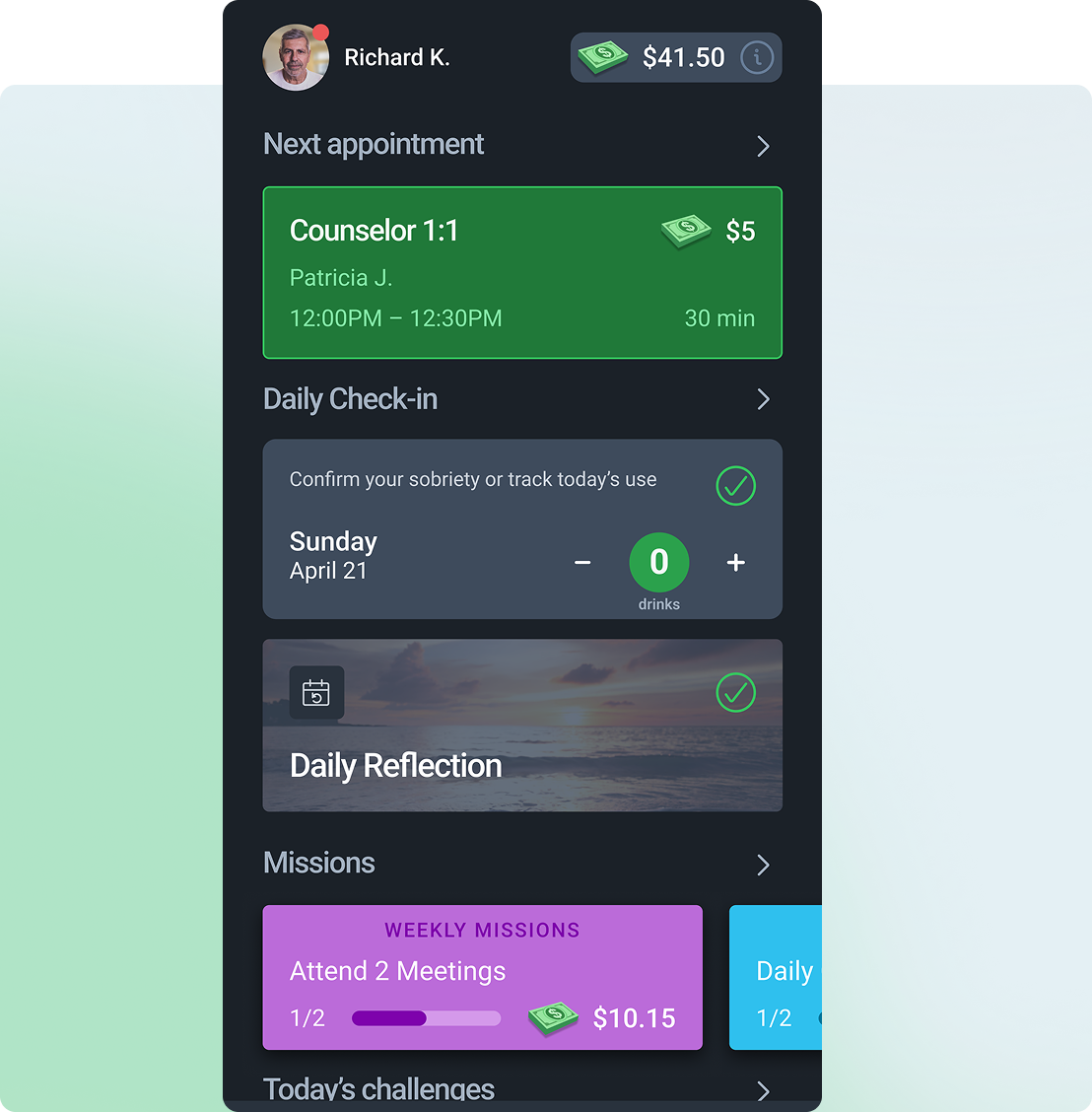How to stop drinking alcohol
Our medication-assisted treatment program lets you change your relationship to alcohol
Our mental health and addiction care is covered by insurance. For 90% of our members, treatment is entirely free.
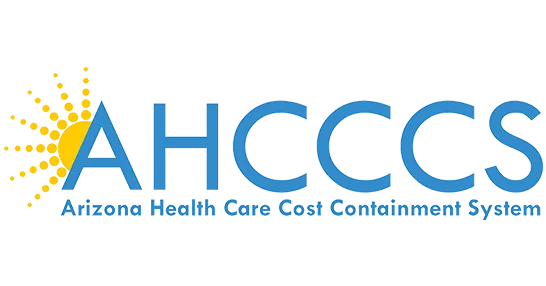
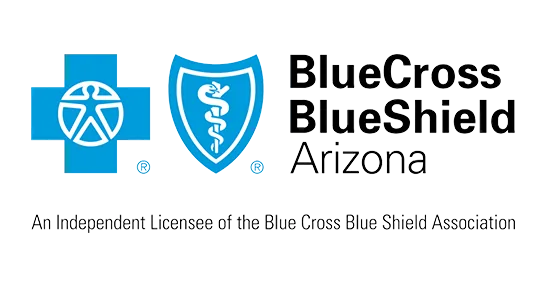



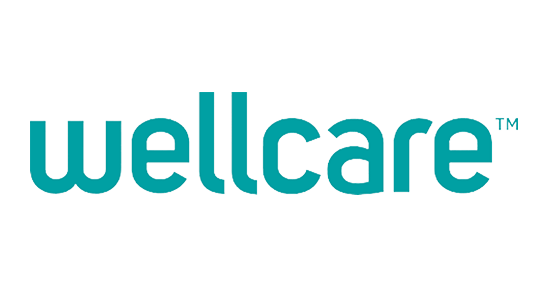

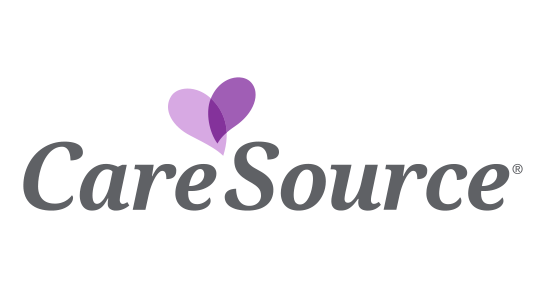

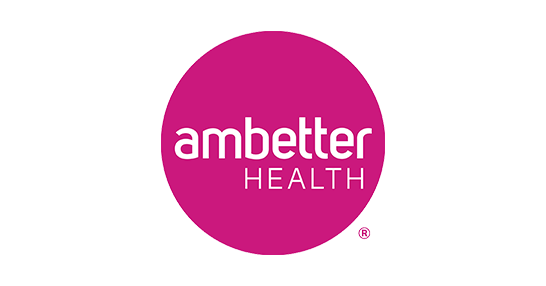



Thinking About Drinking Less or Quitting for Good? You Don’t Have to Do It Alone.
We Do Things Differently, and it Shows
Affect’s program delivers real results, so you can reclaim your life
people treated
Increase in days sober in month 1
Less likely to be hospitalized
Entirely Private, Fully Digital, and Always Available
Your entire treatment program—counseling, doctor visits, peer support—is delivered through our secure mobile app. Attend sessions from anywhere, with no travel required.
Meet privately with licensed therapists and doctors via video, and message your care team anytime between sessions to stay connected and supported.
Our unique, science-backed rewards system helps you stay motivated and focused, with incentives of up to $599 for progressing in treatment and building new healthy habits.
Our medical team can prescribe medications, if needed, to manage mental health symptoms, withdrawal, or cravings—discreetly and safely through the app.
Build healthy habits with guided daily tasks and interactive lessons. Track your goals, log your daily use and sobriety, and watch your growth add up.
From finding a job to securing housing or reducing bills, your care team helps improve every part of your life—not just your recovery.
Wondering about how to quit drinking? We have answers…
Support That Goes Beyond Treatment
Getting healthier is just the start. Need help with housing, job hunting, healthcare, or financial aid? We’ve got your back.


“Affect has shown me a caring side that I never had for myself. It has made me rise as an individual and I have uplifted my courage, bravery, and willpower to obtain my sobriety. Not only did I find myself, but I also found friends in counseling. By friends, I mean someone who really believes in you when others won’t. This program is amazing and works.”
Stella
I’ve learned how to love myself and to forgive myself. I’ve mastered boundaries. I’m no longer uneasy living alone.
Group and counselor support is the best. Life has improved because I learned it’s never too much trouble to take care of myself.
I’ve been able to focus on things that are important in my life, including my children. That it’s the best thing that could ever have happened to them, and to me.



